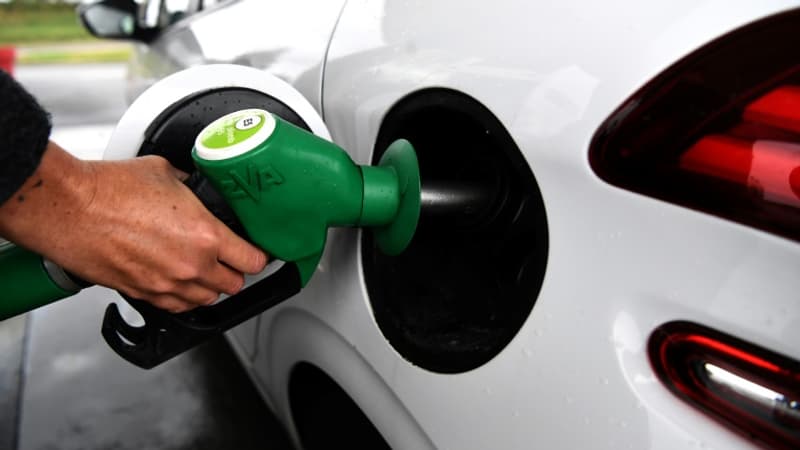Fuel prices are skyrocketing again. Although sometimes we find a liter at more than 2 euros, it is difficult not to see your budget explode. But it is also an opportunity to reduce consumption as much as possible by practicing eco-driving. “Eco” as ecological because by consuming less we emit less CO2 and other various pollutants, but also economical, because it allows delaying the passage to the pump.
1 – Drive slower
Consumption is directly related to speed: the faster you drive, the more you consume.
First step necessarily: the beginning. It is recommended to drive at a moderate speed during the first 5 km. “With a cold engine, excess consumption in the city can reach 45% in the first kilometer, 25% in the second”specifies Ademe, the public agency for the ecological transition.
Once on the road, it is important to moderate the accelerations to choose the right speed (neither under nor over revs). Driving at a constant speed will allow you to anticipate slowdowns and favor engine braking, slowing down with your feet up in gear.
Without waiting whether or not the speed limit is lowered to 110 km/h on the motorway, everyone can now freely moderate their speed on motorways. Although it is not advisable to drive too slowly on these types of roads so as not to surprise other motorists, only the left lane is subject to a minimum authorized speed of 80 km/h in the Highway Code.
By already reducing its speed by 10 km/h, By going from 130 to 120 km/h, you can already save up to 3.5 to 4.5 liters of fuel in 500 kilometersAdemé points out.
2 – Inflate your tires correctly
This is still a very important point that should be checked regularly and before a long trip: the tires. Driving with tires that are not sufficiently inflated increases the risk of punctures and is therefore dangerous. But it also penalizes consumption.
“An under-inflation of 0.5 bar (dangerous under-inflation) means additional fuel consumption of 2.4%or 33 euros and 58 kg of CO2 per year”, points out Ademe.
As a reminder, checking your tire pressures when cold is ideal, but you can still drive a few kilometers to reach a station (no more than 5 kilometers in the last 2 hours, preferably).
In fact, a hot tire will distort the pressure measurement: if necessary, when stopping at a motorway service area, for example, you can add 0.3 bar to the indicated pressure.
3 – Proper use of air conditioning
In the summer, the car can overheat quickly and it can be tempting to set the air conditioner to a very low temperature in order to cool down quickly. A bad reflex.
Is recommended to open all the windows and the sunroof if there is one to evacuate the hot air accumulated on board.
The ideal is to open the windows a little, before closing them well to turn on the air conditioning.
It is not necessary to put it at too low a temperature: you will overconsume and, above all, you will risk catching a cold.
A difference of 5 to 7 degrees with the outside temperature is recommended and no more than 10°C difference in case of intense heat. Beyond that, heat shock can lead to respiratory tract infections.
Also avoid directing the airflow towards your face. By directing it towards the roof, the cold spreads better in the passenger compartment.
4 – Do not load your car unnecessarily
It’s a classic for coming back from vacation, with a bike rack or roof box that will stay in place after you return for many weeks or even months.
However, all these accessories represent unnecessary excess weight: “even when empty, it’s 10-20% overconsumption”believe Ademé.
So remember to remove these accessories when you don’t need them and determine what might be useful to keep in your trunk and what can be temporarily stored elsewhere.
5 – Take good care of your vehicle
Proper maintenance of the vehicle and its engine will also allow you to limit consumption. Dirty air and oil filters cause an overconsumption of 3% according to Ademe.
In total, it is estimated that poor maintenance can lead to up to 25% more consumptionenough to encourage you to perform the recommended revisions.
Source: BFM TV


